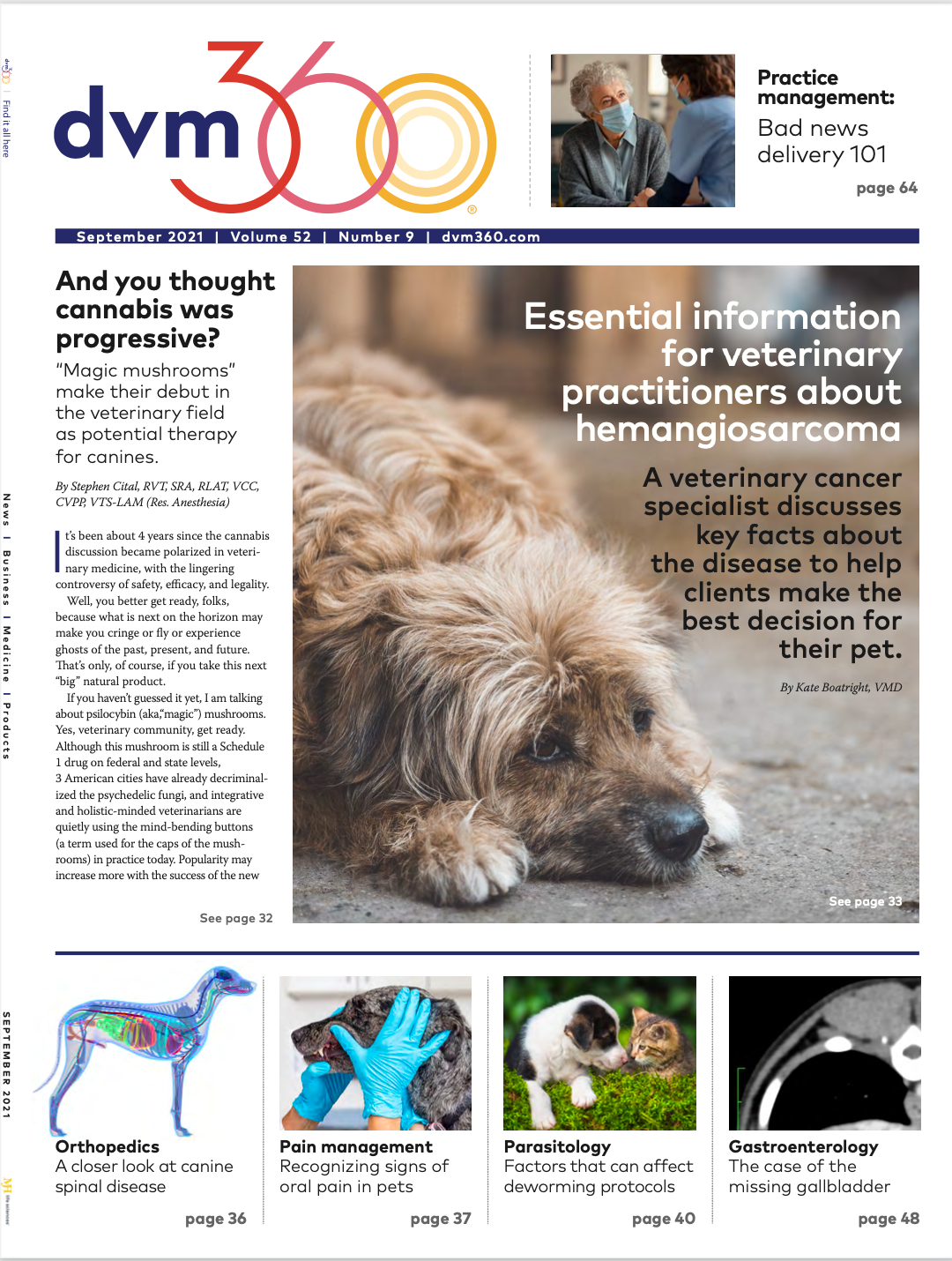The Dilemma: What should you do if your veterinary clinic is robbed?
A robbery is something you hope to never experience at your hospital, but being prepared is crucial for ensuring your staff's safety and preventing significant loss of cash, equipment, and more.
At 6:30 in the morning, Dr Kay received a phone call that she first thought was from a client whose dog had been having significant issues. However, the message on the phone proved to be rather disturbing. It was from one of Dr Kay’s early arriving staff members who had just discovered that the clinic had been robbed!
Upon the team member’s arrival, they noticed 1 of the front glass doors had been shattered. Further investigation showed petty cash was missing as well as some cell phones (which became a safety measure during the COVID-19 pandemic). The total loss was an estimated $1500.
The police responded quickly and checked out the clinic’s internal surveillance cameras, which revealed a couple of men in sweatshirts who were essentially unidentifiable. The police were attentive but recommended immediately reporting the incident to the insurance carrier as the stolen items were not going to be recovered.
Fortunately, the controlled substances were locked up, the pharmacy drugs were untouched, and there was little vandalism. The only loss was some cash and the cost of replacing the shattered glass in the entrance. As expected, some staff members were upset and feared for their safety when walking to their cars after work. The management team scheduled a meeting to evaluate the incident and to plan precautions that can help prevent a future robbery, and everyone’s suggestions were dutifully heard.
At the meeting, the management team agreed they should be concerned about the clinic’s lax approach to security. Although they had surveillance and a secure safe for controlled substances, there was no burglar alarm system, petty cash was not securely locked up overnight, and exterior lighting and theft protection signage were not adequate.
The management team also advised that the staff had to be reassured that they were working in a safe environment in addition to improving the security measures. It was noted that unless there is substantial monetary or equipment loss, the insurance company advised against making a claim for fear of significantly increased post theft premiums.
Ultimately, it was decided that the clinic would hire a security consultant to recommend a comprehensive security protection plan. This would take the protection of the clinic out of the hands of well-meaning staff and place it in the care of professionals. The next step was scheduling a staff meeting where the team would be reassured that the significant steps were being taken to prevent an intrusion of this nature in the future.
The final management team meeting covered an uncomfortable subject. They had to discuss the possibility that one of the 41 staff members may have been involved in the break-in. It was one of the first questions the police asked when investigating the robbery. They would of course ask their security consultant to assist in this area even though the thought of staff involvement was unthinkable.
Overall, the general staff meeting was well received. The team was informed of the event that occurred, how a future incursion would be prevented, and finally, that staff safety was the primary concern. One team member’s comment summed it up by saying, “I love my workplace and respect my coworkers, but an ounce of prevention is worth a pound of cure.”
Dr Rosenberg’s response
Most veterinary professionals worry about difficult clients, staff shortages, and missed appointments. Incidents involving robberies and vandalism barely warrant any thought at all—that is until you are the victim. Unfortunately, many clinics learn the hard way. This is a perfect example where being proactive rather than reactive is the answer. First, abandon any thoughts of, “it can’t happen to me.” Second, don’t get lulled into being casual when it comes to securing your clinic’s pharmacy drugs and money. Finally, invest in a professional security evaluation and listen to their recommendations. Following these steps can help you avoid that early morning call from your local gendarmes.
Marc Rosenberg, VMD, is director of the Voorhees Veterinary Center in Voorhees, New Jersey. Although many of the scenarios Rosenberg describes in his column are based on real-life events, the veterinary practices, doctors, and employees described are fictional

